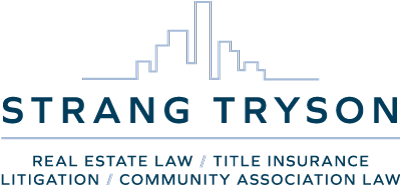As your trusted legal advisors, we’re here to shed light on a significant legislative change that could impact your business operations—the 2021 Corporate Transparency Act (CTA). This new regulation is part of a broader effort by the U.S. government to enhance the transparency of business ownership and combat financial crimes such as money laundering and fraud.
What is the Corporate Transparency Act?
The Corporate Transparency Act requires certain U.S. businesses to disclose their “beneficial owners” to the Financial Crimes Enforcement Network (FinCEN) of the Department of Treasury. A beneficial owner is defined as any individual who, directly or indirectly, exercises substantial control over a company, or owns or controls at least 25% of the ownership interests of a company.
This landmark legislation primarily targets smaller, privately-held entities like LLCs and corporations, which were previously under no obligation to disclose their owners. The goal is to prevent illicit activities by making it harder for individuals to use complex corporate structures to obscure their identities and unlawful activities.
Who is Affected?
The CTA applies to all new entities formed after the enactment of the law as well as existing entities. Companies will need to provide information such as the full legal name, date of birth, address, and a unique identifying number from an acceptable document (e.g., a passport or driver’s license) for each beneficial owner.
Exemptions are provided for certain entities, including:
- Publicly traded companies
- Entities regulated by specific government bodies (e.g., banks, credit unions)
- Companies with more than 20 full-time employees, over $5 million in annual revenue, and a physical operating presence in the United States
Why is it Important?
The CTA is a critical development in the U.S. regulatory landscape. For business owners, the implications are twofold:
- Compliance: Non-compliance with the CTA can lead to substantial penalties, including fines and possible criminal charges. It is crucial to understand whether your business falls under the scope of the CTA and what steps you must take to comply.
- Transparency: While the CTA increases the administrative burden, it also promotes a more transparent business environment which can enhance trust with financial institutions and improve business relationships.
How Can Our Law Firm Help?
Navigating the complexities of the Corporate Transparency Act can be challenging, but you don’t have to do it alone. Our law firm is equipped to help you understand your obligations under the CTA and ensure your business is fully compliant. Here’s how we can assist:
- Determination of Applicability: We will help determine if your business is subject to the CTA, including any potential exemptions you might qualify for.
- Filing and Documentation: Our team will assist in gathering the necessary information and handling the filing process with FinCEN.
- Ongoing Compliance: We will keep you updated on any changes to the reporting requirements and help you maintain compliance as your business grows and evolves.
- Legal and Strategic Advice: Beyond compliance, our experts can advise on how to strategically align your business practices with these new requirements to enhance your operational efficiency and corporate governance.
Take Action Today
The enforcement of the Corporate Transparency Act is approaching quickly, and early preparation is key to ensuring compliance and avoiding penalties. Please contact us today to schedule a consultation to discuss how this new law affects your business and how we can ensure you meet all legal requirements.




